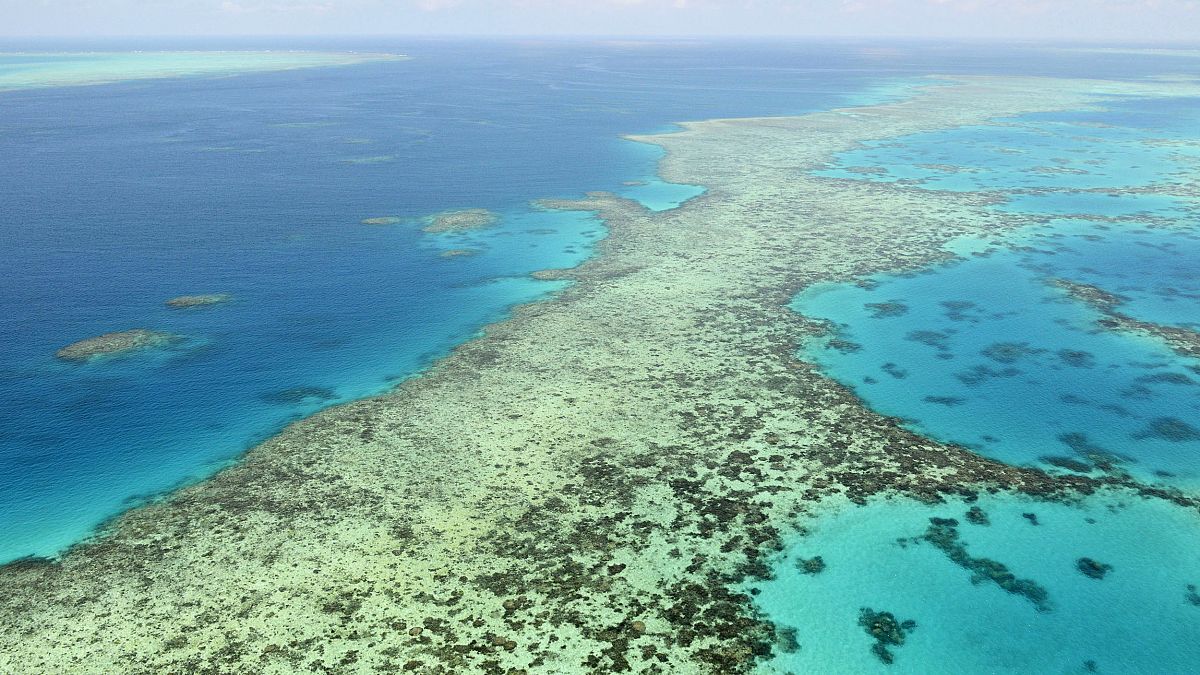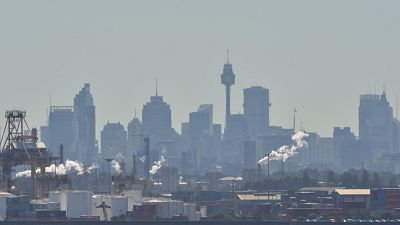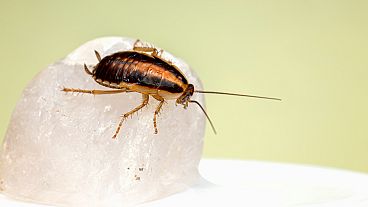A meeting of UNESCO's World Heritage Committee said in a report Monday that "there is no possible doubt" the network of colourful corals off Australia's northeast coast was "facing ascertained danger."
Australia's environment minister said Tuesday that the country will fight a draft recommendation to list the Great Barrier Reef as a World Heritage site in danger.
Sussan Ley's comments come after the United Nations' Educational, Scientific and Cultural Organisation (UNESCO) called for more government action on climate change.
A meeting of UNESCO's World Heritage Committee said in a report Monday that "there is no possible doubt" the network of colourful corals off Australia's northeast coast was "facing ascertained danger."
It concluded that "stronger and clearer commitments, in particular towards urgently countering the effects of climate change" are needed to meet the key targets of the Reef Plan 2050 to protect the unique marine ecosystem.
Ley said she and Foreign Minister Marise Payne had called the UNESCO director-general to express the Australian government's "strong disappointment" and "even bewilderment."
"This decision was flawed and clearly there was politics behind it, and that has subverted the proper process. For the World Heritage Committee not to foreshadow this listing is appalling," she added.
The report comes as Australia faces mounting international pressure to commit to a target of zero net carbon emissions by 2050.
The Great Barrier Reef has lost more than half of its corals over the past three decades because of rising sea temperatures.
It also suffered three mass bleaching events over the past five years — in 2016, 2017 and 2020 — which occurs when water is too warm, causing corals to expel algae living in their tissue, which turns them white.
Bleaching doesn't mean the coral is dead as it can recover but severe bleaching gives it a higher chance of dying.
Coral reefs are essential spawning, nursery, breeding and feeding grounds for numerous organisms. They also reduce coastal erosion and thus protect habitat by absorbing elements coming from the sea.



